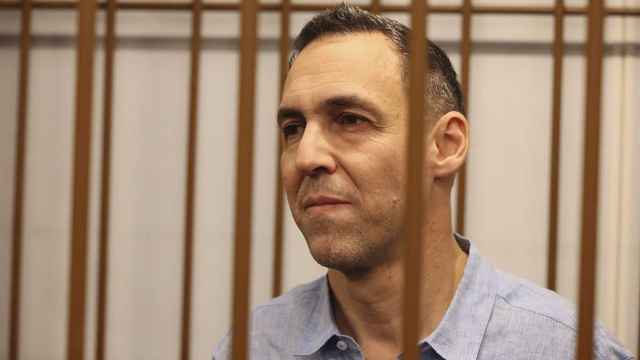Developed cities in Russia's regions are suffering from a lack of high-quality office space, according to a Jones Lang LaSalle report published Monday.
There is a shortage of modern high quality office buildings in Ufa, Chelyabinsk, Omsk and Kazan, as well as other economically developed cities where the population has reached 1 million, the report said.
In line with the demand, the volume of quality office space construction in the regions could increase by more than 20 percent by the end of 2014 and reach 3 million square meters. The most rapidly growing regional market is Yekaterinburg, accounting for a quarter of planned new construction.
"Demand for high quality office space in regional cities mainly comes from international businesses and large scale Russian companies," said Tim Millard, Head of Advisory Group, Jones Lang LaSalle Russia and CIS.
At the same time, compared to the volume of office space construction in the capital, regional demand is much lower, he said. The majority of tenants prefer to lease offices 10 times smaller than those in Moscow.
Business centers of Class B+ and B- by Moscow standards will be in demand in regional markets, according to the report.
Because the amount of vacant office space is limited, construction of new business centers in the regions is seen as potentially profitable for developers, although real estate experts warn that the location for them should be chosen wisely.
A Message from The Moscow Times:
Dear readers,
We are facing unprecedented challenges. Russia's Prosecutor General's Office has designated The Moscow Times as an "undesirable" organization, criminalizing our work and putting our staff at risk of prosecution. This follows our earlier unjust labeling as a "foreign agent."
These actions are direct attempts to silence independent journalism in Russia. The authorities claim our work "discredits the decisions of the Russian leadership." We see things differently: we strive to provide accurate, unbiased reporting on Russia.
We, the journalists of The Moscow Times, refuse to be silenced. But to continue our work, we need your help.
Your support, no matter how small, makes a world of difference. If you can, please support us monthly starting from just $2. It's quick to set up, and every contribution makes a significant impact.
By supporting The Moscow Times, you're defending open, independent journalism in the face of repression. Thank you for standing with us.
Remind me later.





